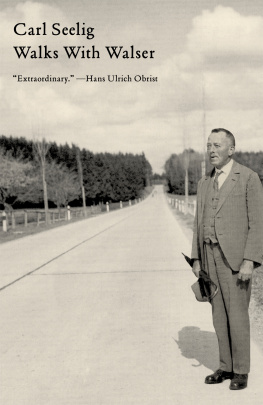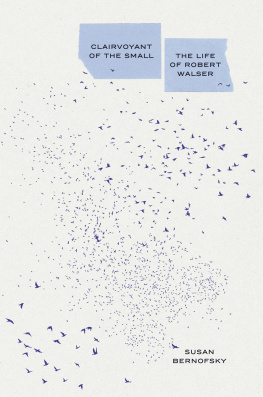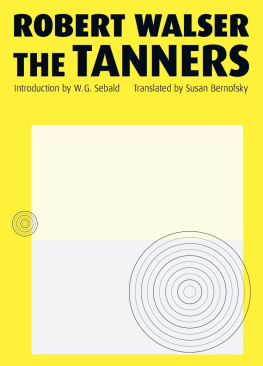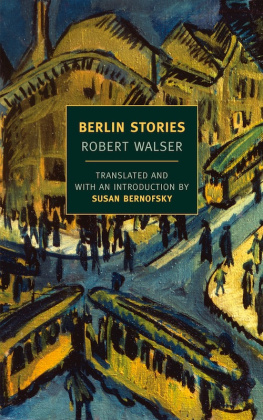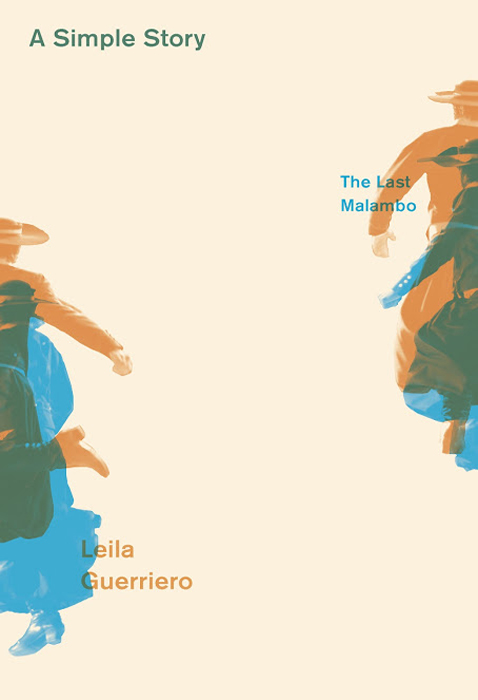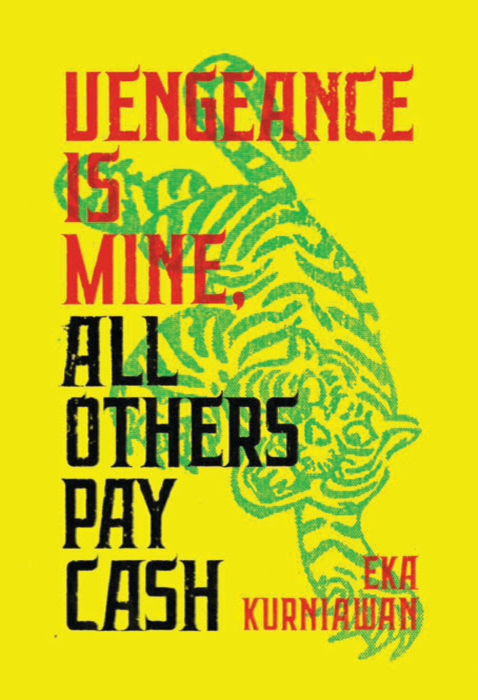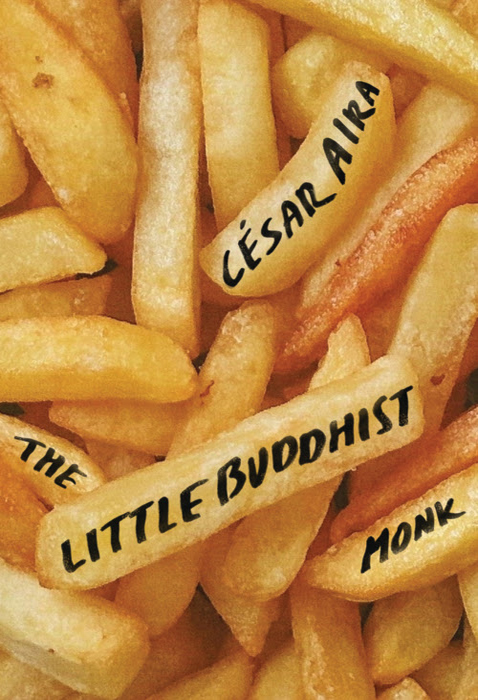new directions titles available as ebooks
Over eighty years of independent publishing.
ndbooks.com
Walks with Walser
Copyright 2017 by Suhrkamp Verlag GmbH & Co.
Translation copyright 2017 by Anne Posten
All rights reserved. Except for brief passages quoted in a newspaper, magazine, radio, television, or website review, no part of this book may be reproduced in any form or by any means, electronic or mechanical, including photocopying and recording, or by any information storage and retrieval system, without permission in writing from the Publisher.
Originally published in German as Wanderungen mit Robert Walser
Manufactured in the United States of America
First published as New Directions Paperbook 1373 in 2017
Design by Erik Rieselbach
Library of Congress Cataloging-in-Publication Data
Names: Seelig, Carl, 18941962, author. | Posten, Anne, translator.
Title: Walks with Walser / Carl Seelig ; Translated by Anne Posten.
Other titles: Wanderungen mit Robert Walser. English
Description: New York : New Directions Publishing Corporation, 2017.
Identifiers: LCCN 2016039676 | ISBN 9780811221399 (alk. paper)
Subjects: LCSH : Walser, Robert, 18781956. | Authors, Swiss20th century
Anecdotes.
Classification: LCC PT2647.A64 Z813 2017 | DDC 838/.91209dc23
LC record available at https://lccn.loc.gov/2016039676
e ISBN : 9780811221405
New Directions Books are published for James Laughlin
by New Directions Publishing Corporation
80 Eighth Avenue, New York 10011
How ill at ease we feel in the present world
with its great wheeled machines,
if we dont consecrate our personal existence
to nobler ends.
Jacob Burckhardt
(from a letter to Albert Brenner,
October 17, 1855)
July 26, 1936
Our relationship began with the exchange of a few sober letters: short, matter-of-fact questions and answers. I knew that Robert Walser had been admitted to the Waldau psychiatric clinic near Bern at the beginning of 1929, and that since July 1933 he had been under care at the Sanatorium of Appenzell in Herisau. I felt the need to do something for his work and for him personally. Of all the contemporary writers in Switzerland he seemed to me the most peculiar. He agreed to let me visit him. And so, early one Sunday morning I drove from Zrich to St. Gallen, strolled through the city, and listened to a sermon on the Parable of the Talents in the collegiate church. Bells in the church were ringing when I arrived in Herisau. I announced my arrival to Dr. Otto Hinrichsen, the head doctor of the asylum, who granted me permission to take a walk with Robert.
The fifty-eight-year-old writer comes out of a nearby building, accompanied by an attendant. I am astonished by his appearance: a round, childlike face that looked as if it had been struck by lightning, with a hint of red in the cheeks, blue eyes, and a short golden mustache. His hair already graying at the temples; his collar frayed and tie a little crooked; teeth not in the best condition. As Dr. Hinrichsen moves to fasten the top button of Roberts vest, he fends him off: No, it must remain open! He speaks in melodic Brndtsch, the same Bernese dialect he had spoken in his youth in Biel. After the doctors somewhat abrupt departure, we set out for the Herisau train station and continue on toward St. Gallen. It is a hot summer day. On our way we encounter many churchgoers, who greet us pleasantly. Roberts older sister Lisa had warned me that her brother was uncommonly mistrustful. What am I to do? Im silent. He is silent. Silence is the narrow path on which we approach each other. Our heads burning in the sun, we ramble through the landscape the hilly, tranquil landscape of woods and meadows. Often Robert stops to light a Maryland-brand cigarette, and holds it, snuffling, under his nose.
Lunch in Lchlibad. The first signs of a thaw over beer and blood-red Berneck wine. Robert tells me that before the turn of the century he had worked in Zrich at the Swiss Credit Institute and the Cantonal Bank. Only for a month or two at a time, though, just enough to free him to write again. One cannot serve two masters at once. It was during this time that he wrote his first book, Fritz Kochers Essays, which was published in 1904 by Insel Verlag with eleven drawings by his brother Karl. He was never paid for the book, and when it sat around in the bookshops, it soon ended up being sold off for cheap. His remove from literary cliques ultimately had severe financial repercussions, but the cultishness that is common practice in many places is simply repugnant to him. It degrades writers, turns them into mere bootblacks. Yes, he can feel it his time is past. But that does not bother him. As one approaches sixty, one has to begin thinking of another existence. He had written his books just as a farmer sows and mows, grafts, feeds the cattle and mucks their stalls. Out of a sense of duty, and in order to earn a little something to eat. For me it was work like any other.
He tells me that his most productive period was the seven years he spent in Berlin and the following seven in Biel. No one had harried him, no one had controlled him; everything could grow as peacefully as apples on an apple tree. The years following the First World War were a shameful time for most writers. Literature had taken a vitriolic, spiteful turn. But literature ought to radiate love it should be comforting. Hatred should never be allowed to become a driving force. Hatred is unproductive. It was then, amid the orgies of gloom, that his artistic decline had begun... The literary prizes were distributed to false prophets and pedants. Well and good, there was nothing he could do about it. But he swore that till the day he died he would bow to no one. Cliquishness and nepotism contained the seeds of their own destruction anyway.
Throughout this conversation: admiring comments about Dostoevskys The Idiot, Eichendorffs Memoirs of a Good-for-Nothing, and the bold, masculine poetry of Gottfried Keller. Rilke on the other hand he deems bedtime reading for old maids. Jeremias Gotthelfs two Uli books are dear to his heart, but much of the rest of his work is too coarse, blustering, and moralistic for Roberts taste.
January 3, 1937
A walk through St. Gallen and Speicher to Trogen, a place already familiar to me from my time in the cantonal school there. Lunch at the Schfli Inn. In honor of my maternal forebears, who for centuries kept vineyards in the Rhine Valley village of Buchberg, I order a bottle of rich Buchberger wine. A blaring radio provides an unrequested encore: a Swabian comedy.
Up Gbris in the afternoon, in a melancholy, snowy mood. As a young cadet lieutenant there Id cut a foolish figure, with my hefty sword borrowed from the village doctor. Biting though intermittent east wind. Robert without an overcoat. On our return by train: his face now glows from within like a lit torch. Deep, painful lines from the bridge of his nose to his conspicuously red, fleshy mouth. The little pebbles of the train platform at St. Gallen sparkle. Robert has tears in his eyes. A fierce, hurried handshake. Extracts from our conversation: his sojourn in Zrich lasted, with interruptions, from the fall of 1896 until early 1903. First he had a place on the Zrichberg, then on Spiegelgasse and in the Schipfe district, then in Aussersihl. He spent seven years (from 1906 to 1913) in Berlin, and another seven in Biel. It had often occurred to him that the number seven periodically recurred in his life.

